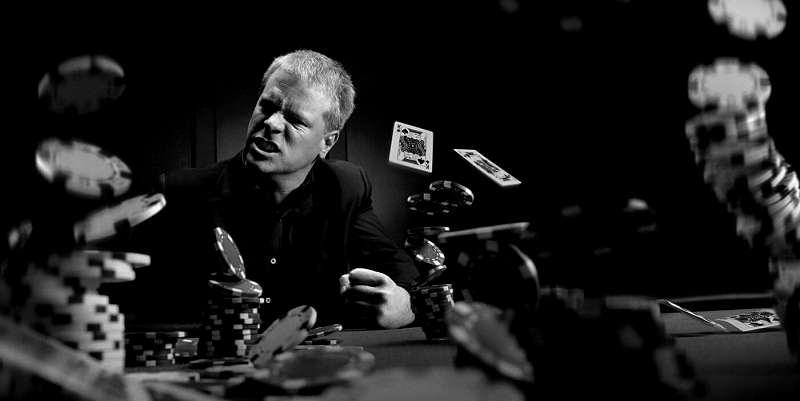The psychology of a poker winner helps each player improve their online poker game. The characterization of each poker player of the game is based on his emotional characteristics and psychology. By becoming familiar with your opponents' belief systems, their skill level and psychological factors, you can achieve good success in the game.
Winning poker players
This category of poker players can be characterized by several qualities:
- They try in every possible way to avoid losses, especially in difficult and difficult hands;
- They behave positively and confidently, while they can control the game and completely control their emotions;
- They don't waste money - they place bets only in those hands where there are great chances of winning;
- They bring into the bank only that amount of money that they can easily and without upset lose;
- They always know when to stop, fold their cards before they are forced to do it;
- Apply mathematical calculations, choose a style of play between aggressive and calm;
- They make informed decisions, always know when to call, check, go all-in, fold or wait for the next deal.

Players of this type in most cases use the statistics of their actions, so they often leave the game with the bank.
Neutral players
Medium-strength poker players have some knowledge and skills. They use them as the basis for their game and never change. Some players act in a structured manner and apply these tactics on an ongoing basis. Other participants play impulsively, relying solely on their guesswork and intuition. As a rule, they never take the initiative in communication, they wait for one of the opponents to speak first.
Neutral players are not prone to aggression, the most they can do is call someone's bet.
They believe that it is almost impossible to control what is happening at the table. Therefore, they take a passive position, prefer to watch more active opponents, and never take risks. Neutrals can only be activated when everyone folds.
Poker players of this type, like winners, can often win, albeit small amounts, since they never take risks. As a rule, they leave the game with the same money that was at stake.
Losing players
Of course, in every game there is someone who has to lose, and this is normal. But there is a certain category of participants who systematically lose. You can define them by some features:
- Possess certain skills, but do not know how to use them rationally in the game, or easily change them, as a result of which they constantly suffer defeat;
- They do not trust anyone, including themselves - they do not recognize the fact that they can play the worst of all;
- They play solely on guesses and feelings without objective calculations;
- They do not know the rules of the game of poker, and they do not understand that everyone can lose and must accept defeat with dignity;
- They cannot stop - without having a good chance of winning, they continue to play the game and often go down to the last bit;
- They are characterized by a feeling of remorse, shame, guilt, anger;
- They sabotage the cards themselves, so it's easy to take control of them.

Winners know when to lose, while losers cannot afford to lose. Despite a series of failures, they stay at the table in the hope that sooner or later they will be lucky.
Winning psychology helps the player determine the behavior, play style and actions of opponents in order to become a successful player and understand whether to continue playing or not.


